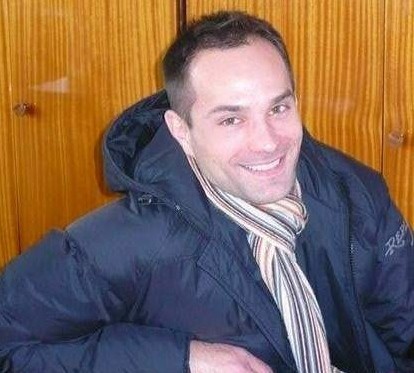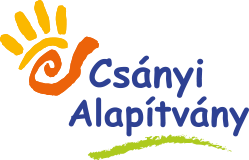
“How many languages you know, so many times you are a person”
In the Foundation’s life, not for the first time, the in-house language exams came to an end in January. These exams give the opportunity to get a full-in-depth picture about the progress of the students’ language learning. The feedback from the exams is available for the students, language teachers, mentors, parents and for the colleagues of the Foundation. Despite its large scale availability, the most relevant information is aired for students and language teachers. They can get an overall view about the improvement in language learning, about areas that require more effort to improve and about those ones as well that the students have already acquired. The same feedback system will be used in the future.
Language teachers work according to a mutually established and accepted language scheme. This gives the chance to students as well to know about the work and learning process in advance that they face with in each semester. During the year-end exams the students – based on their individual language level – will be able to talk, express their ideas and thoughts about certain topics confidently. We have to note that the exams are not rigid and lifeless bogus exams but child centred and are held in familiar atmosphere.
It helps students to deal with real exam situations in their future life with flexibility and in a more concentrated way. Another great advantage of language learning is to practice it within the Foundation. Many of our volunteers are not Hungarians which means that students can experience themselves the necessity of learning a foreign language. Students with outstanding achievement can travel to English or German speaking countries, gaining life-long experience which promotes their language learning skills.
As a language teacher, I think it is essential to have a good command of at least one foreign language in our present day society. Bearing one foreign language can help us to find our way in the modern high-tech world abroad and at home as well.
To master a language we need regular learning sessions and we have to be consistent and persistent learners. The effort invested in language learning will give its pleasures. When we can understand an original song, or we can learn more about our favoured actor, musician or hobby on its mother tongue, we will feel the positive outcome of our work. Those students who have already experienced this feeling can help younger students to get closer to this goal, and with this they help to build a stronger community.
Martincsek Zoltán, tutor


